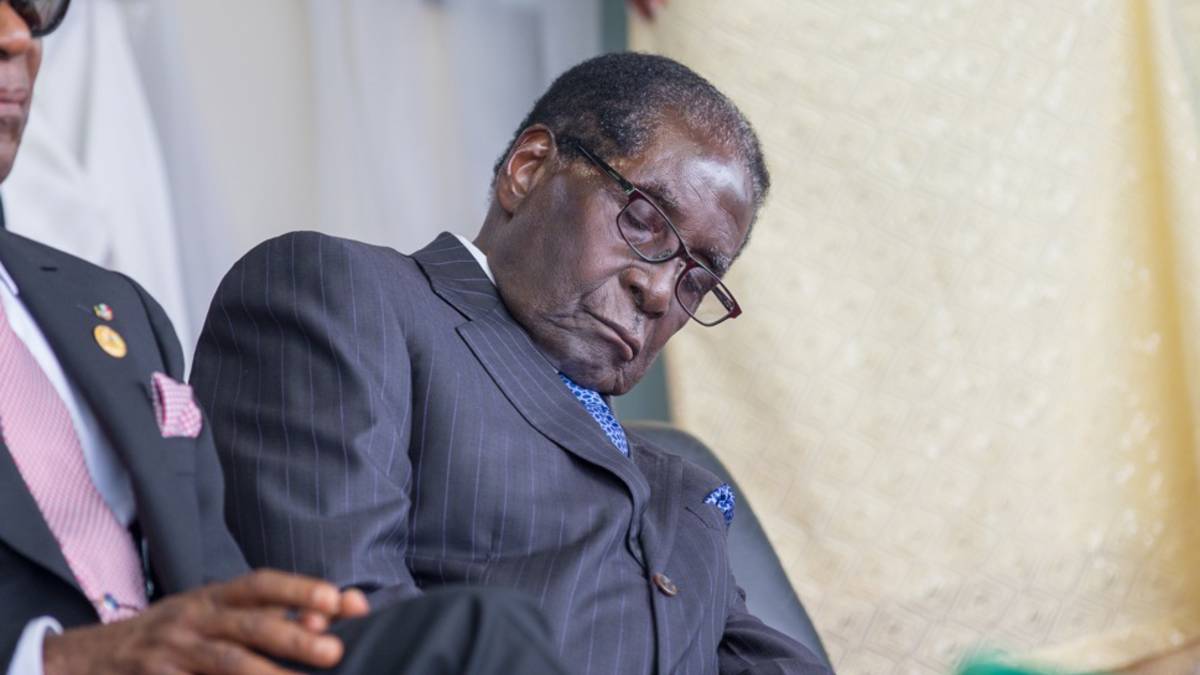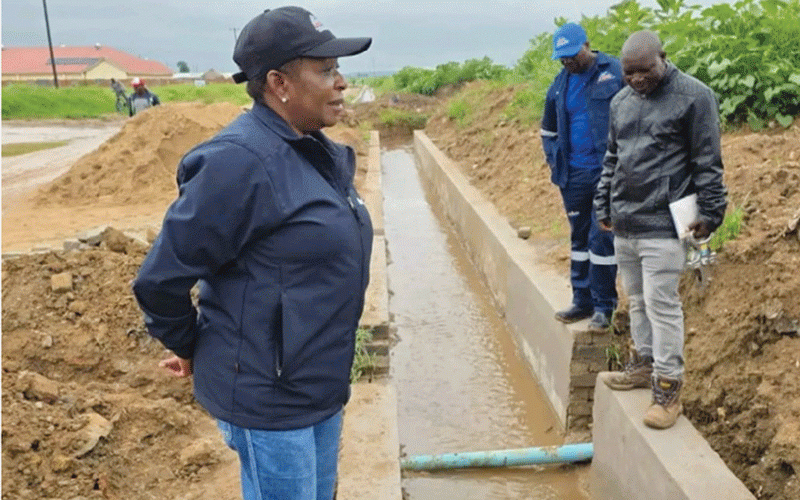
KENNETH MUFUKA
One of my joys in life is to have been blessed to have a girl child super kid, who with some prompting from me, was commended by her professors for sailing through her doctoral defense at the age of 27. Now with the title Dr Rumbi, she went from there to work for the US government on governance issues.
I am, therefore, advised that corruption is not necessarily the exchange of gifts between malefactors in the hope of gaining a material advantage. “Look at the ruling class attitudes towards their subjects. There lies the problem.” Dr Rumbi advised.
After a thorough sampling of the rulers of my country, I was shocked at what I found. “Now, I must either revise my theories about corruption, or abandon them altogether.” I said.
Though I made a study of five characters, the most interesting of these was Jonathan Moyo. To my surprise, Moyo is held in great esteem by the ruling party and the opposition as some kind of evil genius.
The Committee to Protect Journalists (CPJ) says that during the 2002-2003 election cycle, when the “volatile minister” Moyo was in charge of information; journalists had the most torrid time. In January, Moyo intimated to the press that his patience was running out with the Daily News, a “threat to national security.” Moyo further promised to silence the Daily News “once and for all.” The following day, 28 January two twin cabs ferrying some arsonists bombed the Daily News.
The CPJ further records that Moyo’s tenure at Information ministry coincided with the worst period of human rights abuses against journalists and ordinary citizens as well. He was the chief cheer leader.
Itai Dzamara was a journalist. Moyo scoffed at his disappearance, disregarding the distress it caused Dzamara’s wife and children.
- Chamisa under fire over US$120K donation
- Mavhunga puts DeMbare into Chibuku quarterfinals
- Pension funds bet on Cabora Bassa oilfields
- Councils defy govt fire tender directive
Keep Reading
Connection with corruption
This came as a surprise to me. The connection lies in the fact that Moyo apparently believed that the Daily News, Dzamara, Ray Choto and Mark Chavunduka did not have a right to practice their crafts and that he was justified in calling for their destruction.
Consider the following scenario cited by US Justice Clarence Thomas. A motorist must pay a toll at Hudson River Bridge, New York. If he does care to do so, he can swim, or perhaps ferry his car on a boat.
A driver on inter-city bus in Zimbabwe will find that the road block at Gweru is situated near Chicken Inn. His bus is in super condition. But the police require him to provide them with a chicken box (four boxes each at US$3 each).
If the driver does not care to provide the chicken boxes he can by-pass the police and drive through the bush to his destination.
There is another example. On the Bulawayo-Victoria Falls highway, buses are stopped and a fee of US$20 is charged, whether the driver has contravened any regulations or not. The police do not hide their activities. They stand right outside the side of the bus and receive some cash from the distressed driver.
We return to the Jonathan Moyo theory. Obviously, the police believe that inter-city buses have no right to ply their routes, unless they comply with the “facilitating fees.” There is actually a table of what is payable and if the driver is stopped a second time, he can refer the police to a prior payment down the road.
It, therefore, means that kombi drivers, if they are to operate at all, have a secret agreement with the police, to facilitate bribery.
Likewise, Moyo, as he said himself, if the Daily News did not comply with his wishes, he would put an end to it, once and for all.
If the Daily News complies, it becomes a government newspaper. If it refuses, it is bombed out. That is the same argument in corruption cases. If a citizen refuses to comply with a facilitator’s fee, he goes out of business.
Personal examples
As my age advances into the twilight zone, I was advised by my attorneys to legalise my assets into a Trust in such a way that my beneficiaries, which include Mucheke High School might benefit after my demise.
It took my attorneys two years to get the papers approved by Zimra. The possibility of my early demise before the Trust was formalised became a reality. Surely all the excuses, including Covid-19, were not enough.
I informed the governor of my province.
My attorneys received a call. “You don’t understand something; your papers were ready yesterday. Please come and pick them up today, without fail.” A voice instructed my attorney.
The authority wanted to know a name and the person, who had caused the delay.
Pamunhondo, pamusasa. I could only remember the name of the chief Zimra officer in Masvingo. But I did not want to accuse an innocent man of a misdemeanor of which probably his subordinates were hiding from him. Or am I naïve?
A suggestion
Americans had similar problems, especially when public officials refused to process requests by blacks. In South Carolina, the state appointed commissioner Jim Clyburn, way back in 1970 to receive complaints from citizens unhappy with government service.
Every Zimbabwean province should have such a commissioner with the powers of an assistant magistrate. Refusal to answer questions can lead to a jail term.
Culture
The question of a corrupt culture will need to be addressed, perhaps in the schools. Again, Americans have addressed the issue head on.
ASAP Air tickets have become one of the largest companies in the tourist business. ASAP promises to find the cheapest and fastest route to any destination in the world within 24 hours.
When the ticket is delivered, the passenger fills in an evaluation form. If service was good and pleasant, the passenger can add a $20 tip for the agent.
Many frequent fliers have kept same agents now for 10 years or more because of the quality of service they get.
Avenging spirit
Moyo, who once walked on water, is wanted by Zimbabwe authorities as we speak for fraud involving a sum of US$400 000. He is hiding in Kenya and is uncertain that he can receive justice in Zimbabwe. Please, I son of Mhofu, am tempted to laugh. God is good.
- Ken Mufuka is a Zimbabwean patriot.










